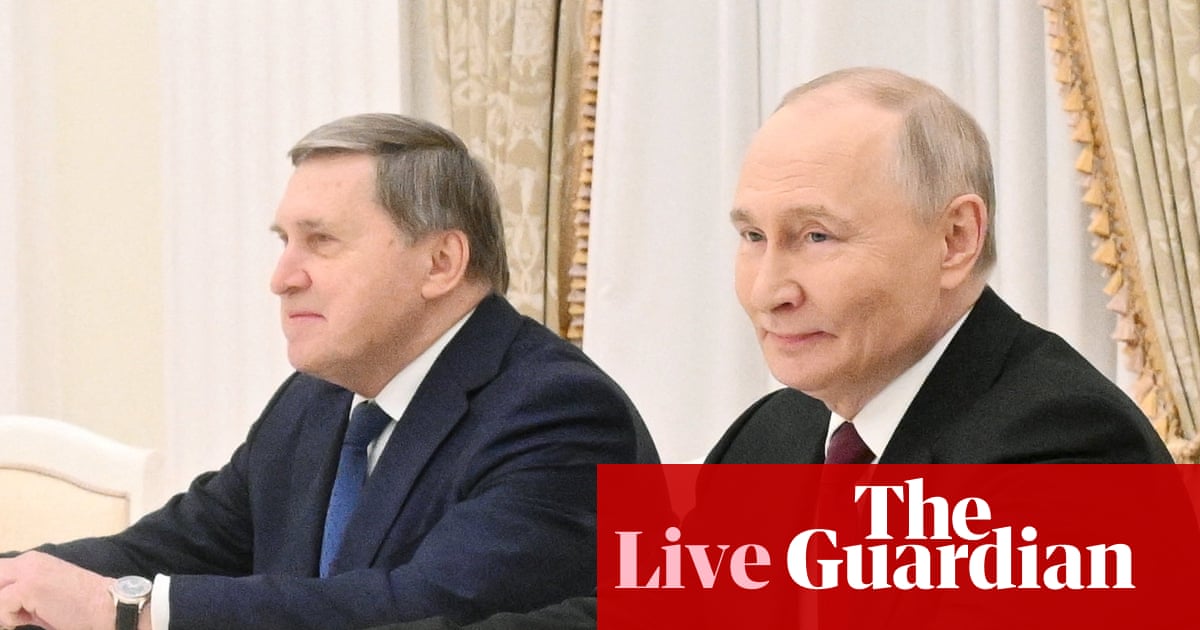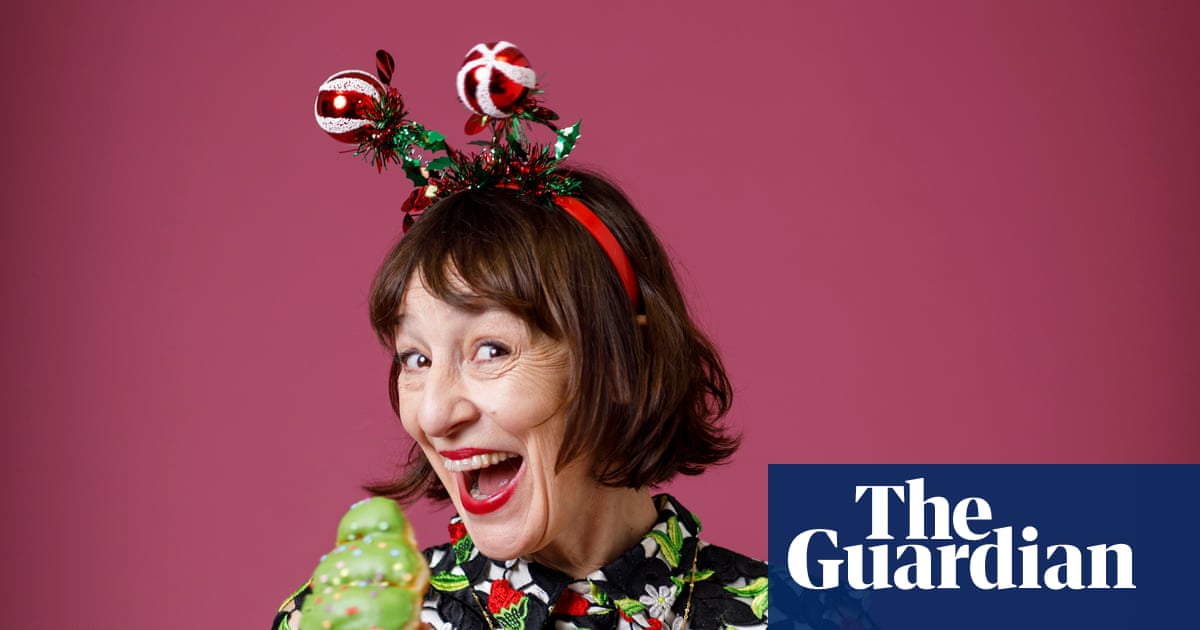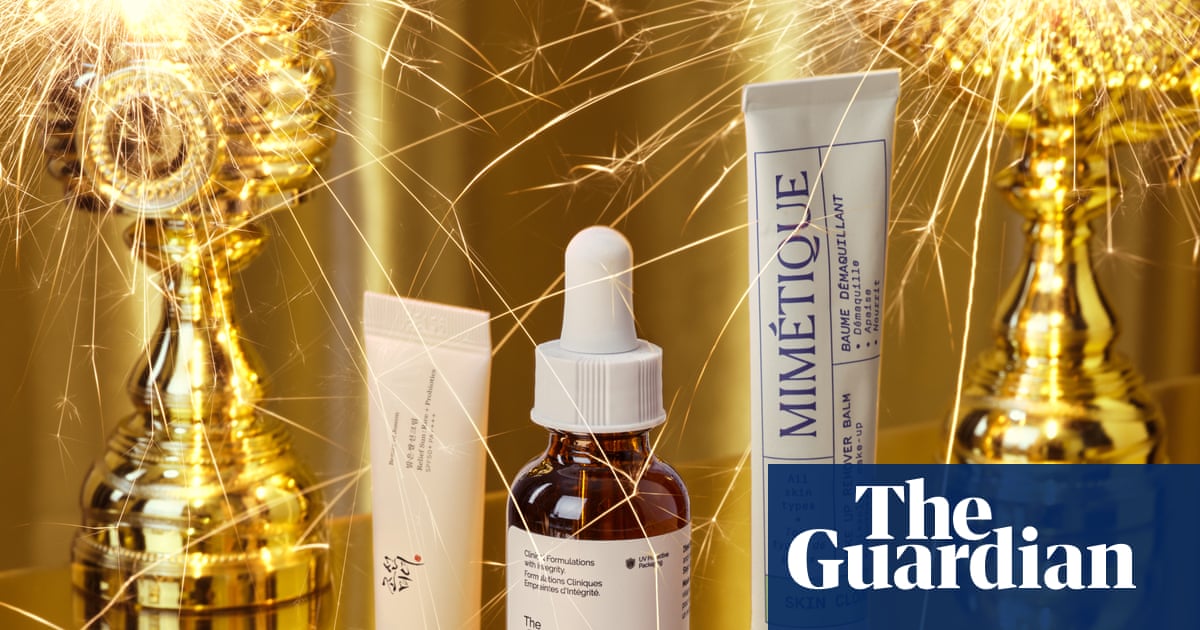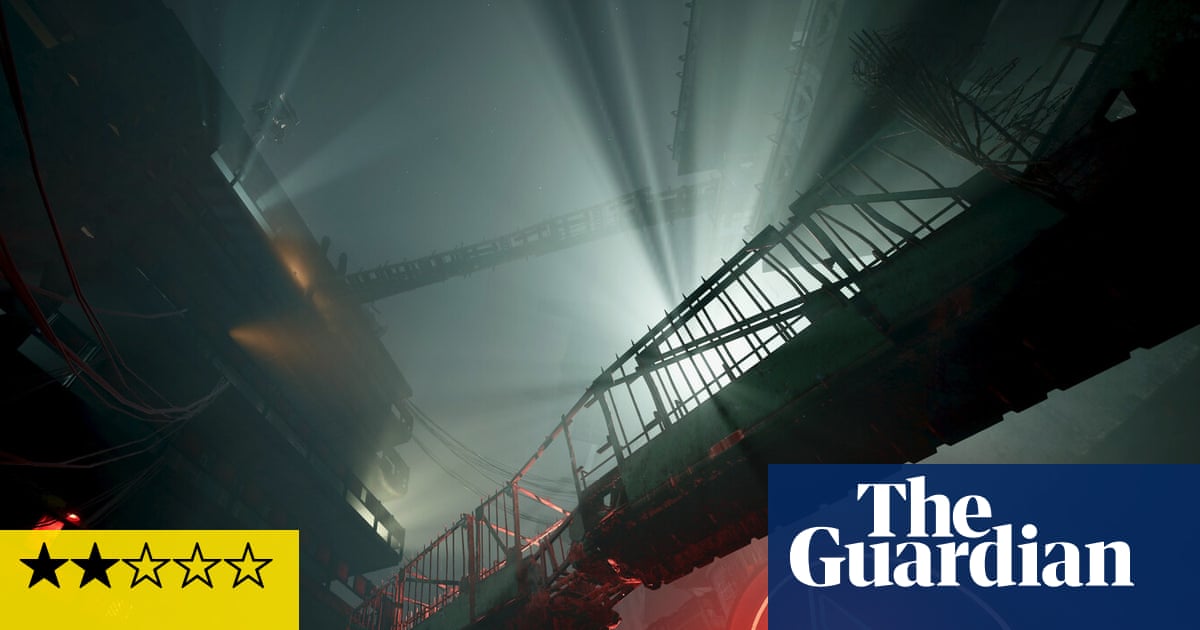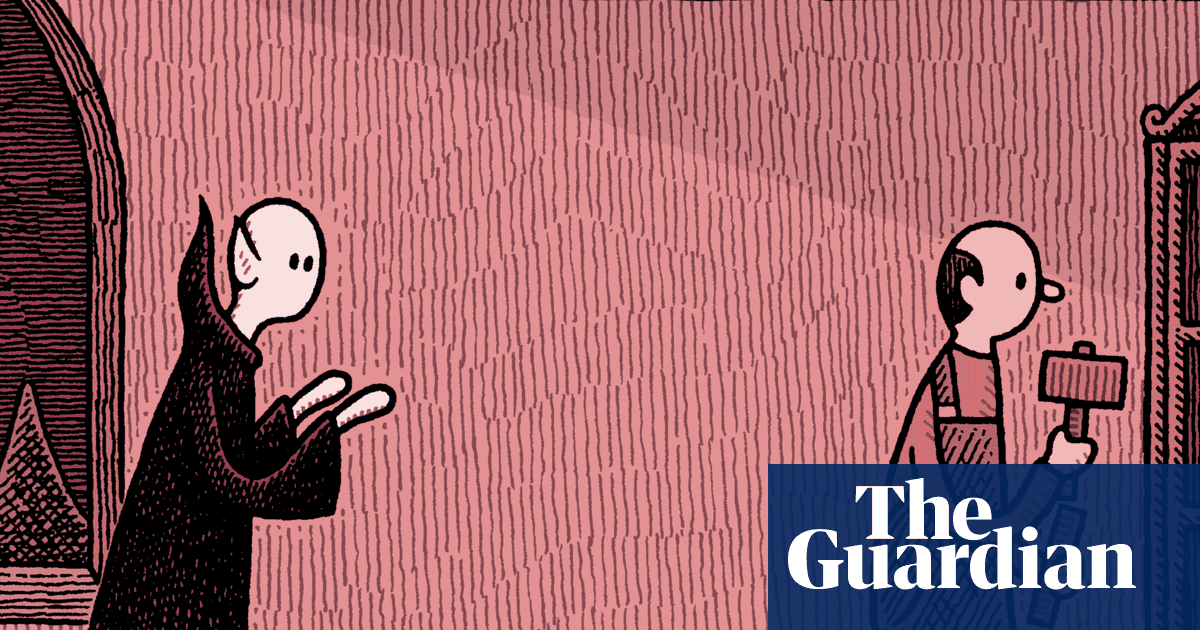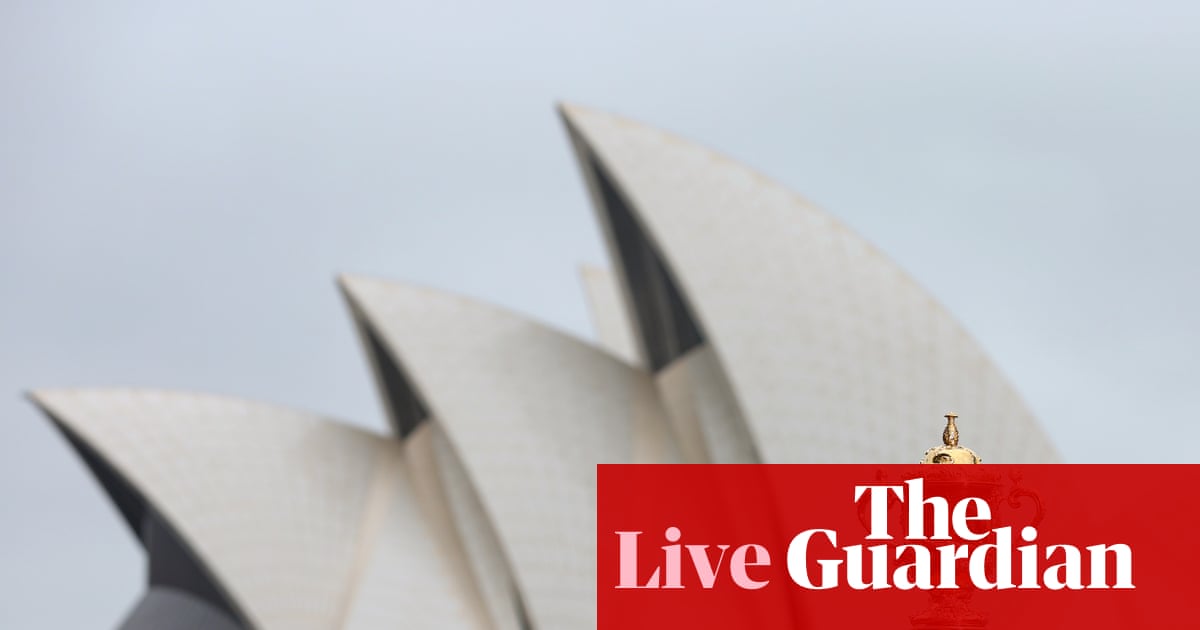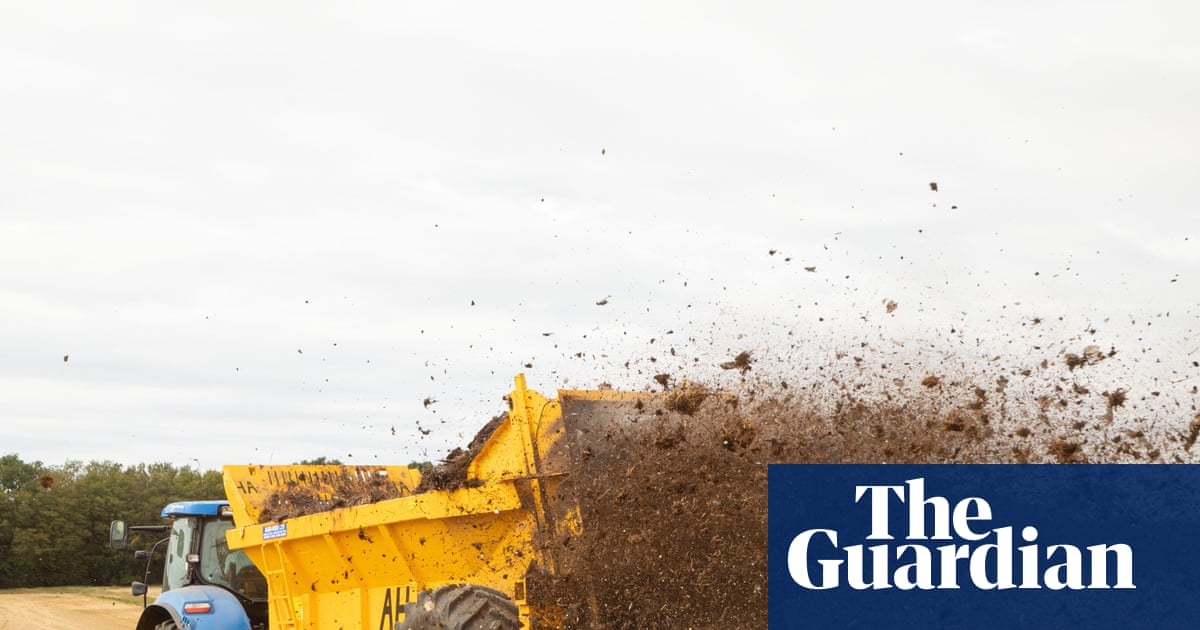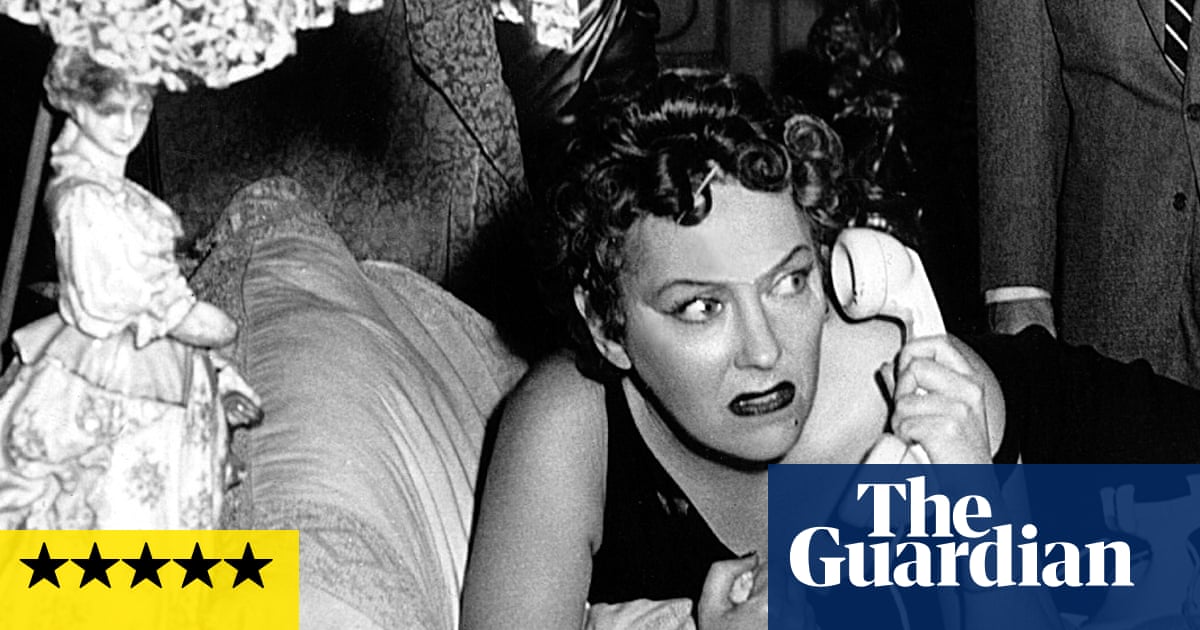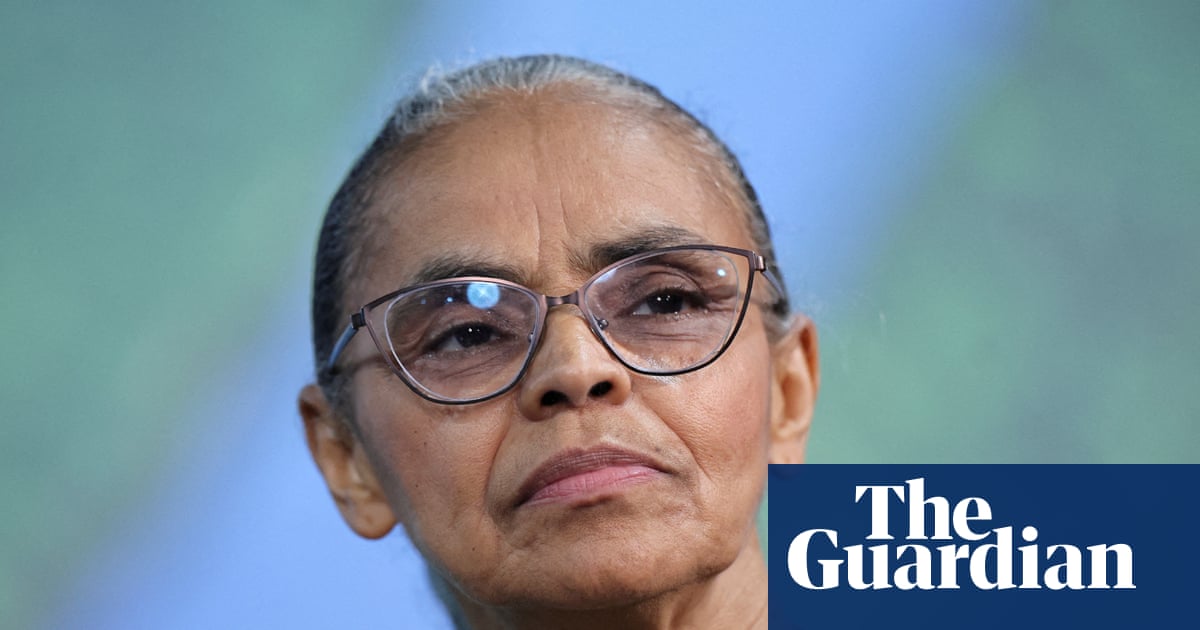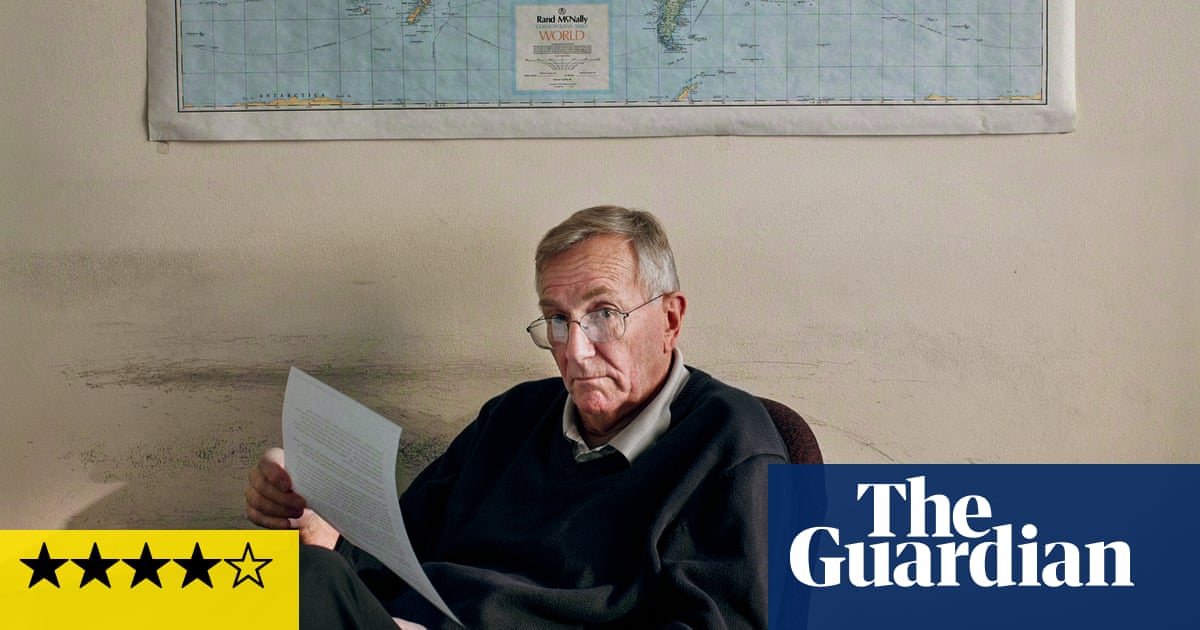The morning light is still sharpening, training its beam through the windows at the far end of the gym. Around the walls, painted black up to halfway, are motivational slogans that have become common currency in training environments. “Go hard or go home,” one of them urges. “Hard work beats talent, when talent chooses not to work hard,” cautions another.
Beneath the second of those messages Gerard Deulofeu stands in conversation with Angel Aceña, Udinese’s rehab fitness coach. They are a team now, working towards a goal that never quite stands still. It is 8.30am and, as always, Deulofeu has been here for half an hour. There has been a session on one set of weights and shortly he will cross the room for another, checking a monitor for the latest notes of optimism. There is not another footballer in sight.
Just after 10.15am Deulofeu emerges from the dressing room area and sits down gingerly beside the Bluenergy Stadium pitch. There is a plaster on his right leg slightly above the knee; he has just undergone his monthly injection and, nearly 33 months after he last played football, the consequences are nothing new. “For the first 24 hours it’s … urgh,” he winces. At close quarters, the difference between the visible mass of his legs is pronounced.
Deulofeu wants to create a miracle: for himself and for every player who, like him, is forced to handle the isolation and stifling uncertainty wreaked by devastating injury. “I know I’m trying something special,” says the 31-year-old. “Maybe it’s the most difficult recovery in history. If I manage to come back it’ll be more than 1,000 days. But I’m a guy who takes care of himself and I think I can do it. If there’s one guy to do it, it’s me.”
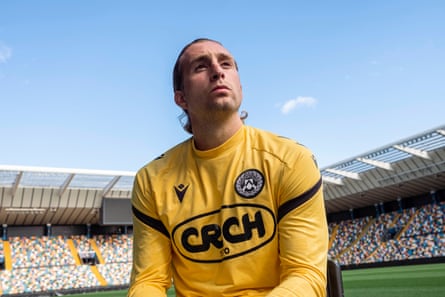
He can remember everything about his 12 minutes on the pitch in Genoa, against Sampdoria, on 22 January 2023. Two months previously he had torn an anterior cruciate ligament in a game against Napoli, close to tears as he departed, but appeared to have healed sufficiently while domestic football paused for the winter World Cup. “It was bad, but not too much,” he says. Coming on as a substitute in the 77th minute should have lifted a cloud. “But in every action I tried, a one-two or something like that, the knee just went. I had to ask to be taken off. The ACL was completely broken.”
So far, that makes a familiar story of ill fortune and occupational hazard. Many footballers return to long careers after ACL surgery; others are not so lucky. But Deulofeu went under the knife in Rome and, in the process, sustained an infection that darkened the picture immeasurably. It ravaged his cartilage and reduced his knee movements to bone against bone; the prospects for his long-term mobility looked bleak enough without football entering the picture.
“It’s not like a usual injury,” he says. “As an old person it can happen that your knee is completely destroyed, and now it happened to me because the infection was getting worse and worse each month.
“I knew from those early months that I couldn’t be back quickly. In every MRI I had, the cartilage had deteriorated. I lost my muscle, my knee wouldn’t flex properly, there was a lot to recover and it was very slow.”
Cell treatment, where cells are transplanted from a piece of healthy cartilage into the damaged area, was the only remaining glimmer of hope for his football career. Deulofeu travelled back to Barcelona, where it all began when he joined La Masia in 2003, for the operation and was warned by the doctor that things might not work out. “I said: ‘No problem.’ I only had one chance.”
That was nine months into his recovery, towards the end of 2023. The following June he felt well enough to start running, first on a treadmill then on the training pitch, but it was too much, too soon. He has not run since; he believes the cartilage is 90% healed but wants to build more strength in the knee to reduce the chances of further setbacks. “I need to be able to train every day, not one day on and the next day off,” he says.
So those early mornings, the solo workouts with Aceña and other medical staff, have to sustain him. So does the idea that he will turn out again in Italy’s top flight for Udinese, who terminated his contract in January but have agreed to support his recovery and have kept the door open for a return. “They’re waiting for me,” he says. “Giving me the time and passion to recover.”
He feels settled here in Friuli with his wife and three children; it was the perfect landing spot when, in October 2020, he trod the well-beaten path from Watford. There had never been doubts about Deulofeu’s ability: at his best he was an explosive runner, a clever creative force and inventive finisher. Everton, Sevilla and Milan were lured by a talent who produced staggering numbers for Barcelona B and Spain’s age-group teams. To some extent he delivered for them all but it was in Udine, where he scored 13 Serie A goals in his last full season, that things really clicked.
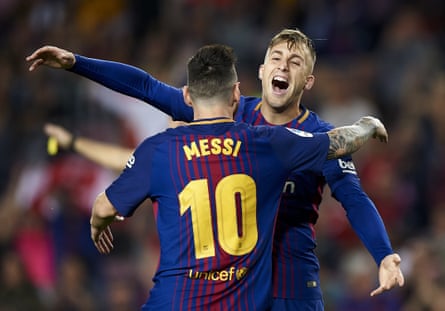
“Now that I’ve had to pause, I can see how big my career was and is,” he says. “I’m really proud. I came from Barcelona: people can see that and maybe say you could have been more successful, but you have to appreciate I already played for Barça, Milan, won the Europa League with Sevilla, played in the Champions League, played for the national team and scored, reached the FA Cup final with Watford. OK, of course it can be better but that’s just ‘maybe, maybe’. What can I demand more from my career than all this?”
It begs the question: why try to continue? Why rise at the crack of dawn five days a week, the first step bringing pain every time, before working on a separate schedule to his peers with no resolution in sight? He has made his money, after all, and home life is ceaselessly rewarding. “Sometimes I’m thinking that,” he says. “Thoughts pop up that say: ‘Oh Gerard, finish, just finish because you already made a good career and have a family.’ But if I say to my wife that it’s too difficult and I don’t think I’ll be back, she says: ‘Let’s try, you’re going to do it.’
after newsletter promotion
“That’s my strength: those positive messages from my wife, and the fact my kids want to see me playing. So I’m trying, but of course there are days when the thoughts are bad.”
The noise of lawnmowers briefly interrupts. The previous day, Udinese drew with Cagliari here and could certainly have done with Deulofeu’s wit in the final third. He limits his attendance at games: overexertion at the weekend would be unwise and, for one thing, climbing too many stairs remains a hindrance. “But I came here with my son a couple of weeks ago,” he says. “He was really young when I last played. We watched the match and he was just asking me: ‘When? When are you back?’ I’m trying, I’m trying!”
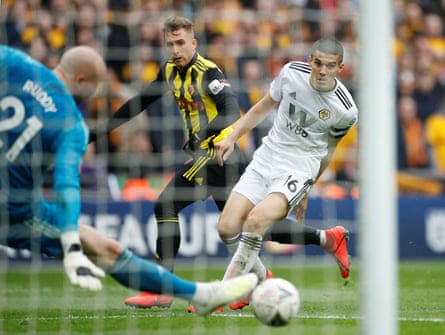
Udinese encourage him to mix with the first-team squad, much changed since he last played, and help those settling into the area. There are dinners and the occasional drink; sometimes he will watch training. But recovery, buying himself whatever time he can through every moment of rest, comes first. Usually he will return home after four or five hours at the stadium and read books while using an oxygen machine. Then there is the benefit of moments usually taken away from elite sportspeople. “I can see my kids growing, it’s the most important thing,” he says. “You don’t see that when you’re travelling and playing every three days. That’s the good part of this.”
Deulofeu says more than once that he does not feel lonely; that this endless furrow is not significantly damaging his mental health. There is a sense he needs the routine after the bulk of a lifetime spent bound to training regimes. He cites his friend Santi Cazorla, who is still playing for Real Oviedo at 40 despite almost two years out with an injury of similar gravity, as a constant source of support but discipline comes naturally now.
“I’ve learned that I’m the one who knows my body,” he says. “I feel comfortable taking care of this situation. I have my family and an emotional state that I know is good. I know that my habits and organisation in life are sound. I have people sending me the right messages, and I’m happy. I’m a guy who loves waking up in the morning with good energy.
“Of course, I couldn’t have done this 10 years ago. You need experience and to have the emotional part of your life under control. I’d have had to stop.”
He understands that may still be the outcome, but also feels he has come too far not to see this through. “I’m preparing to get out on the training pitch again in a few months, and let’s see if I feel good out there. If I don’t, then maybe I have to take a decision. But I’m only 31, and I just want to try. I have time, the club is giving me time, so I don’t want to put a date on it.
“I know that one day, if I’m playing out here again, this stadium is going to be completely full. I know how it’s going to be that day for this city and this club. It’s going to be a party. They know how much I love this club and how I played when I was available. We want to make history together.”

.png) 1 month ago
46
1 month ago
46
